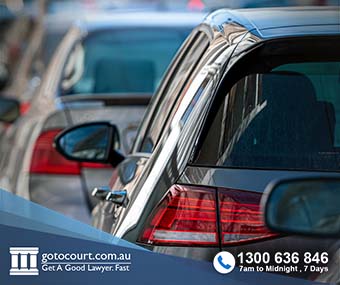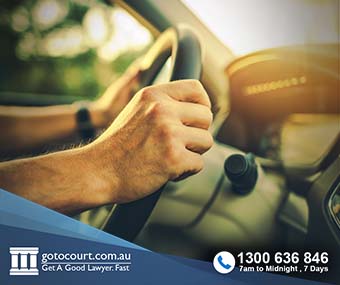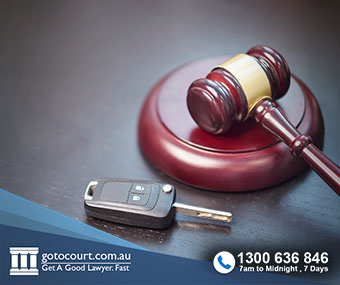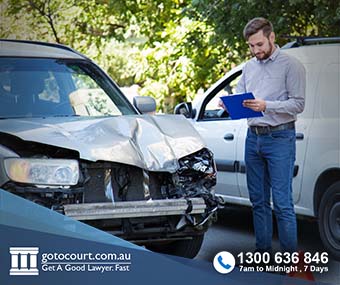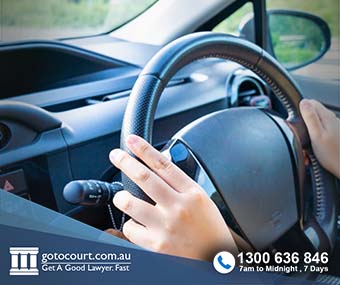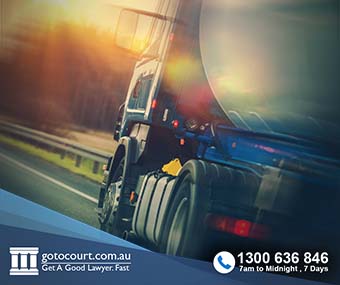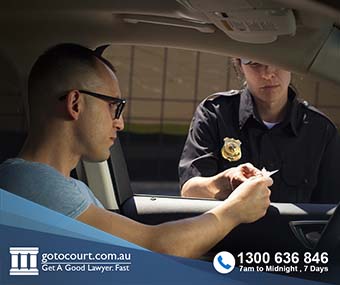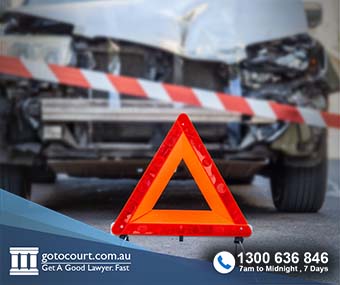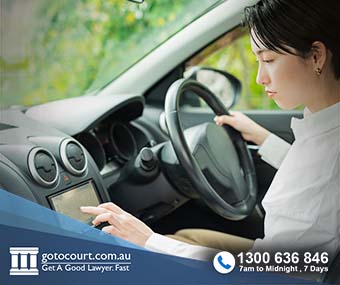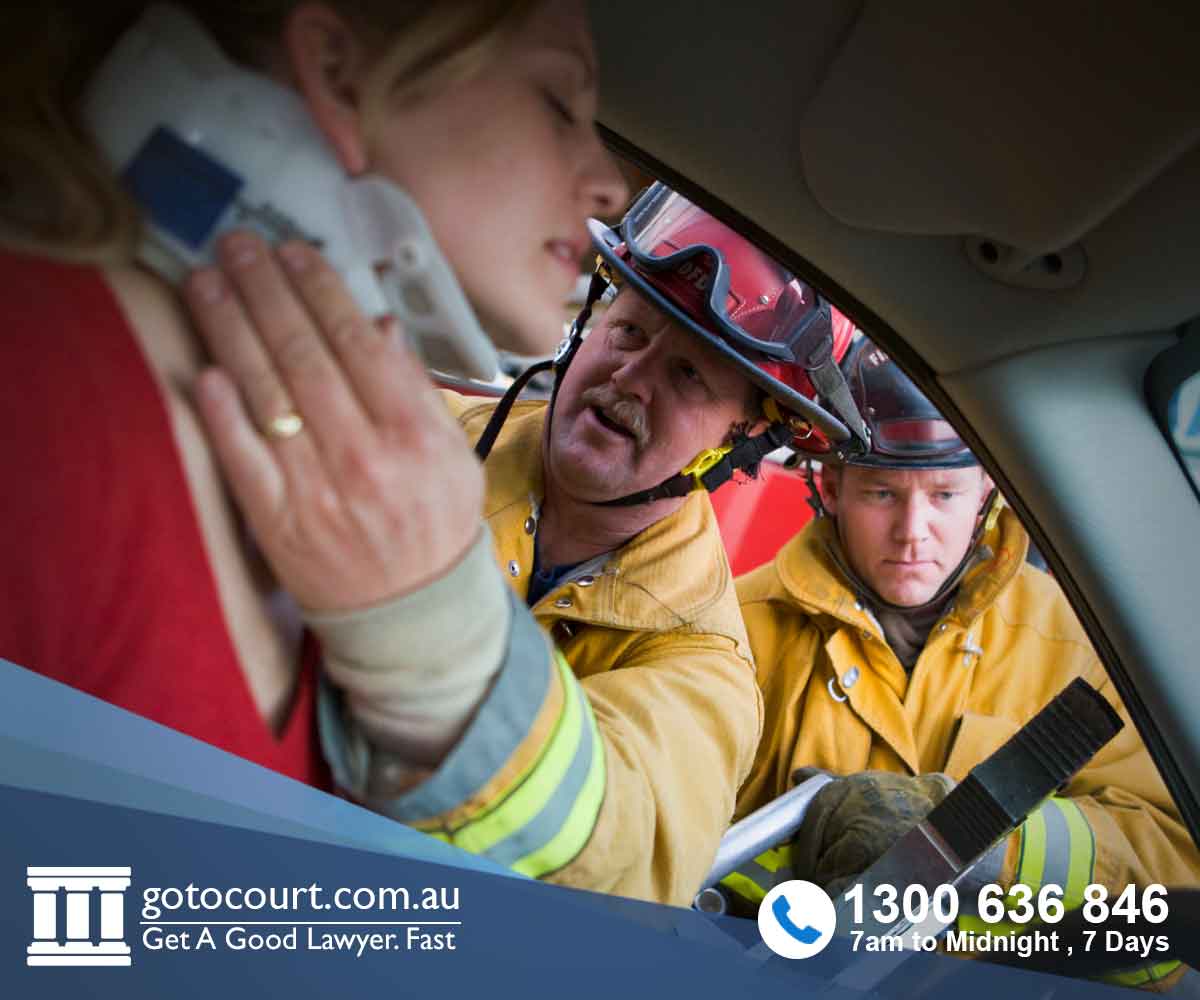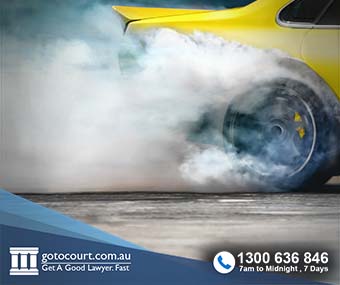Call our lawyers
now
or,
have our lawyers
call you
Police Vehicle Searches in South Australia
Updated on Dec 23, 2022 • 5 min read • 234 views • Copy Link
Police Vehicle Searches in South Australia
In South Australia, the police do not have arbitrary powers to search a vehicle without authority or cause. Police vehicle searches are only lawful with the driver’s consent, or when the police have a valid search warrant or a reasonable suspicion that there is evidence of illegal activity in the vehicle. Recently, the South Australian parliament proposed a Bill that would allow the police to declare “designated spaces” where they can stop and search anyone without a warrant or consent. This would bring South Australian law in line with other jurisdictions, such as Victoria. Read on for information about police vehicle searches in South Australia.
Consent for police vehicle searches in South Australia
Police in South Australia may conduct a search of a vehicle at any time if the owner or driver of the vehicle agrees. For instance, police may ask to search a vehicle stopped at a random roadside breath test location. It is important to note that a driver can give permission to search a vehicle they are driving, even if they are not the vehicle owner.
It can be difficult for a driver to refuse permission when they are asked by the police. It is natural to want to be as agreeable as possible with the police. However, drivers should remember that they have an absolute right to refuse to consent to a search. The police may proceed to conduct the search anyway, using other authority as explained below.
Warrants for police vehicle searches in SA
Sometimes the consent of the driver is not necessary because the police have a search warrant for the vehicle. However, the police may still seek consent, as this makes it more difficult for the driver to later challenge the admissibility of the evidence.
A warrant is a judicial order that gives a police officer permission to conduct a search to look for evidence of criminal activity. In South Australia, police most commonly obtain a search warrant under section 67 of the Summary Offences Act 1953. Otherwise, a judicial officer can issue a warrant pursuant to the Crimes Act 1914 for commonwealth offences, the Criminal Assets Confiscation Act 2005 to seize proceeds of crime, or the Criminal Investigation (Extraterritorial Offences) Act 1984 for offences committed in other jurisdictions.
In South Australia, a general search warrant is valid for a six-month period. Police are allowed to use reasonable force to conduct a vehicle search, but must not use force that could cause injury unless it is justified in the circumstances.
The driver has the right to view the search warrant, be present during the search, and receive a receipt for any items seized during the search. However, the driver must not hinder a search if the officer has a warrant or other authority to search. It is an offence under the Summary Offences Act 1953 to hinder the police in their search, punishable by a maximum penalty of $2,500 or imprisonment for six months.
Reasonable cause
The law permits the police to stop and search a vehicle without a warrant or consent when they suspect (on reasonable grounds) that there are stolen goods, illicit drugs, weapons, or evidence of an indictable crime in the vehicle.
What constitutes “reasonable grounds” can be difficult to define. It “falls short of belief” (Homes v Thorpe [1925]) and is more than “mere idle wondering” (Queensland Bacon Pty v Rees [1966]). The police officer must be able to point to factual evidence to justify their suspicion. Certainly, it is not enough to establish reasonable grounds for suspicion of criminal activity simply because the driver or a passenger is rude or disrespectful to the officer.
There has been growing concern over the improper exercise of the police’s power to stop and search in South Australia. There are questions over whether police officers are abusing their authority to search without reasonable cause. If someone believes they have been illegally searched, they may have a claim for compensation (depending on the impact of the unlawful search), and any evidence may be excluded from a court proceeding.
Unlawfully obtained evidence
When the police seize evidence from a vehicle after an unlawful search, the Courts may decide not to allow it to be used in a proceeding against the accused. The court is required to consider whether to exclude evidence based on the precedent set in the case of Bunning v Cross (1978). In this decision, the High Court held that the discretion to exclude evidence that was improperly obtained should only be exercised when the disadvantage to the defendant outweighs the public interest in enforcing the law. Judicial discretion should also be exercised when the prejudice to a fair trial is greater than the probative value of the evidence.
Go To Court Lawyers have a South Australian team of specialist traffic and criminal lawyers. Please get in touch with our team for further legal advice on police vehicle searches in South Australia. Call 1300 636 846 for any type of legal assistance.


Affordable Lawyers
Our Go To Court Lawyers will assist you in all areas of law. We specialise in providing legal advice urgently – at the time when you need it most. If you need a lawyer right now, today, we can help you – no matter where you are in Australia.How It Works








1. You speak directly to a lawyer
When you call the Go To Court Legal Hotline, you will be connected directly to a lawyer, every time.


2. Get your legal situation assessed
We determine the best way forward in your legal matter, free of charge. If you want to go ahead and book a face-to-face appointment, we will connect you with a specialist in your local area.


3. We arrange everything as needed
If you want to go ahead and book a fact-to-face appointment, we will connect you with a specialist in your local area no matter where you are and even at very short notice.


